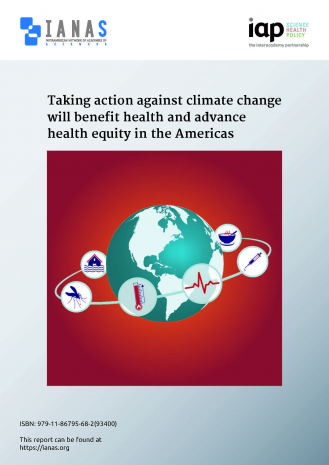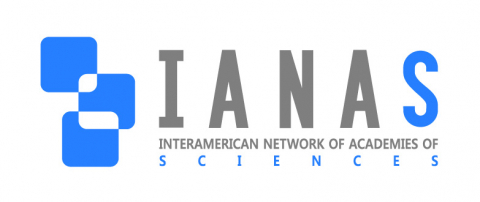Recently, the Americas, like the rest of the world, have seen an upswing in extreme weather events as the result of climate change. Their impacts have been well documented, and from a health perspective include the incidence of injury or death. However, such information represents a limited perspective of the impacts that climate change has had, and will continue to have, in the health sector.
To date, the health sector has factored highly when developing national, regional and global policy changes to reduce the possible direct and indirect effects of climate change. This is clearly something that must change as we move forward.
In 2019 the European Academies’ Science Advisory Council (EASAC) produced their report “The imperative of climate action to protect human health in Europe”. As a follow up, the InterAcademy Partnership (IAP) sponsored the other regional networks (Africa, the Americas, and Asia) to prepare similar documents.
In this report, prepared by the Inter-American Network of Academies of Science (IANAS), we consider how, through adaptation and mitigation, we can combat the negative effects of climate change on health, but also reduce the ways in which the health system itself contributes to the problem of climate change.
As we have seen with the COVID-19 pandemic, the effects of climate change will disproportionately impact the health of Indigenous Peoples, ageing populations, children, women and girls, those living in challenging socioeconomic settings, and geographically vulnerable populations. Their voices must be heard and as we move forward with preparedness and robust response planning it is essential that issues of equity and social justice are incorporated.
This publication is one of the series of a project led by the German National Academy of Sciences Leopoldina and the InterAcademy Partnership. Funding is provided by the German Federal Ministry of Education and Research. We would like to thank all those scholars who contributed to this volume either as authors or reviewers, as well as IAP, IANAS, and RSC secretariats for their unwavering support during the preparation and diffusion of this report.
Translations of this report into Spanish, French and Portuguese will become available soon and will then be posted on the IAP Website.


